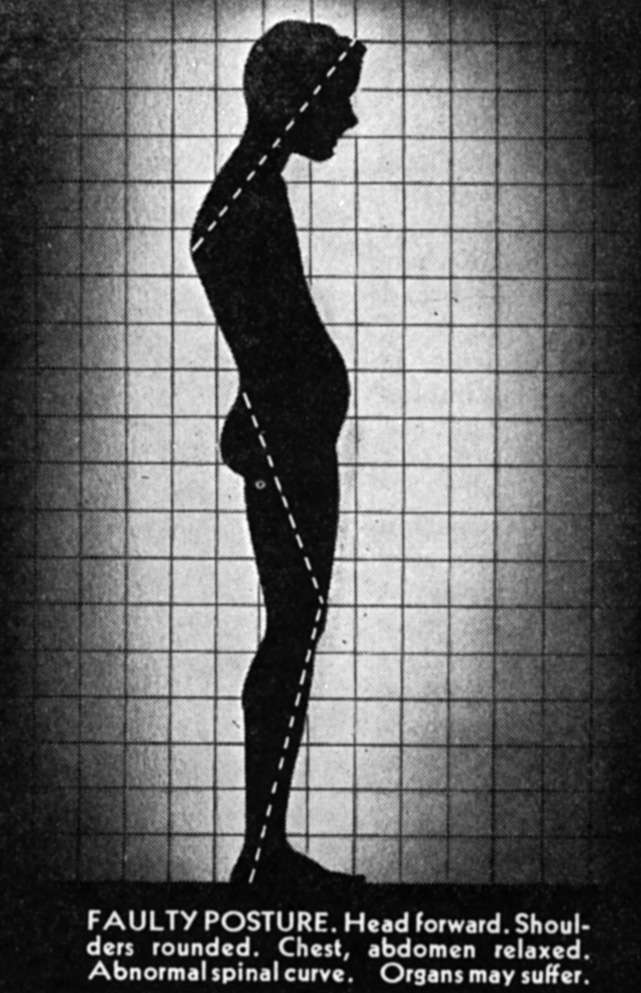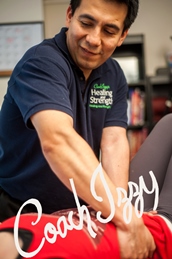In our previous article, we stated that the 20 is the role played by the therapist—the catalyst of healing if you will.
Now it is time to explore the remaining 80, the powerful set of components that ensures long lasting results.
I am referring to all the factors in the patient’s control and outside of my practice, most of which can be addressed immediately.
Here are the most salient:
Exercise
Sedentary individuals have a hard time healing, but so do those who refuse to taper down their intensity.

There’s a happy medium that allows us enough challenge to stimulate change but also enough rest and recovery. We will cover this topic in more detail in another article but suffice to say, for now, that achieving this happy medium requires nothing more than listening to our bodies’ signals.
Nourishment
Nourishing food is the ultimate source of energy and well-being—provided it’s agreeable with our specific physiology.
Our digestive systems are designed to extract the most nutrients and warn us about possible irritants. In other words, if we eat something and it upsets us, that’s our bodies telling us to avoid it, even if such element is regarded as a superfood.

Disagreeable food or food substances are not conducive to healing.
Many issues of back pain rooted in reflex arcs in the lymphatic/venous systems return as soon as the individual ingests conflicting substances. Conversely, many have seen their issues dampen, and even disappear, once they remove the upsetting food or nutrient from their meals.
There’s some food for thought. Pun intended.
Hydration
The deprivation of fluids for extended periods is dehydration. The opposite, or oversaturation, is hyponatremia. Neither extreme is conducive to healing.
So, where’s that happy medium?
The answer depends on the individual as there are multiple factors to consider. Body mass, level of activity, length of activity, environmental temperature, and moisture level—they all determine how we should replenish our fluids. Rehydration in a hot, humid climate may have different demands than rehydrating in cool, relatively dry environment.
If you feel foggy, distracted, fatigued, achy, or dry—not optimal for healing—then it may be time to reach for your water bottle. If you hydrate to the point that you feel bloated or nauseated, it may be time to stop, or to add electrolytes to your fluids.
Stress
Stress is a defensive response to certain environmental inputs. Whether job, traffic, or family related, we experience stress when we feel our survival—physical or identity—endangered. This in itself is normal but it becomes a problem when we relive the stress long after the stressors are gone. Ultimately, it’s not how much stress we’re exposed to, but rather, how much stress we cling to.
This may seem a matter of emotional/mental health, but we cannot ignore that such emotional—for lack of a better term—stimulus triggers the sympathetic (fight or flight) division of the autonomic nervous system to produce measurable and observable physical responses.
So long as we recreate the emotions, directly or by recollection, our sympathetic system continues producing its physical responses: quickening pulse, impaired digestion, vision narrowing, and shallow breathing, none of which is conducive to long term healing.

Fortunately, there are abundant methods to help us cope. Whether you choose exercise, meditation, or deep breathing, consistency is the key to maximize benefits.
Above all, let’s not confuse coping with masking. Alcohol and drugs can temporarily mask stress but won’t help us long term and will have detrimental effects on our healing.
Sleep
If your boss told you that going to the bathroom is an unproductive luxury interfering with work, you’d quit. If your friend told you to hold it until you finished watching a couple more shows, you’d never see him again.
How irrational is it to sacrifice indisputable physiological needs for the sake of work or entertainment? Yet this is what we’ve been doing for the past few decades.
Quality sleep is a vital component to our healing and neglecting it has detrimental effects, but we still see it as an indulgence rather than a vital function—even in the face of all the scientific research that warns of the effects of sleep deprivation. No amount of exercise, quality food, and hydration can compensate for lack of quality sleep.
And what does quality sleep mean? It means seven or eight hours of continuous sleep at consistent times, sparing our bodies from stimulants or depressants, and not sacrificing sleep for entertainment or work. Leave tablets, televisions, smartphones, and other blue-light devices out of the bedroom.
Sleep is a factor you ought to respect if you truly care about healing.
Postural Habits
Posture is an indicator of overall health and mood, and while its interactions with the musculoskeletal system are documented, we should remember that posture is also influenced by the realm of emotions exerting their effects on the autonomic nervous system.
Posture does influence our overall physiology, more so when chronically sustained. Staring hunched back at your smartphone won’t immediately lock you up in this position—unless you do it frequently and for extended periods.
Remember that reflex arcs respond not only to blunt trauma, but also to overuse. If we’re sedentary, the problem gets magnified.

Once our bodies have adopted the patterns of a frequently-reproduced position, consciously correcting posture may not be enough. If you’ve been trying to do so for more than a couple of weeks with little success, then you may be dealing with dysfunctions that require manual therapy.
But receiving therapy doesn’t mean you’re off the hook. If you keep reverting to less than optimal postural habits, your healing experience will be a poor one and the dysfunctions will return.
We also have to be judicious enough not to get carried away with the corrective measures. Keep in mind that people under intense grief will exhibit postural distortions and we should not expect them to return to optimal until the grief cycle runs its natural course.
Medications
Medication is the realm of your physician, so I will only repeat what I tell all my clients: Please talk to your physician and be cognizant of all possible side effects as some may affect the healing process. No physician will refuse to talk to you and offer alternatives, so when in doubt, please seek their expertise.
There’s one more factor to cover, but is extensive and requires its own post. Some call it faith, some call it woo-woo, and that, friends, is what the next article is about.
Until next time, may you enjoy a fit and pain-free life!
